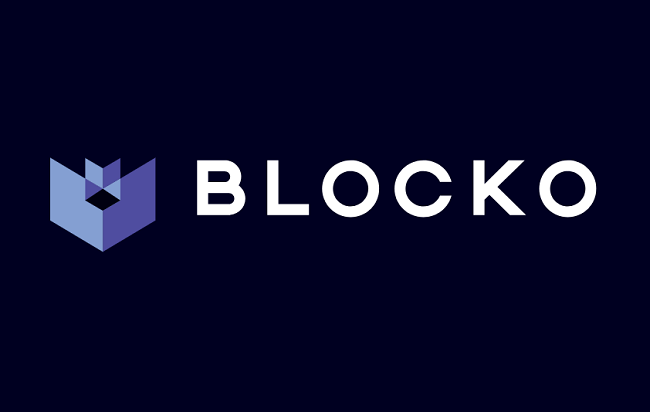The Islamic Research and Training Institute (IRTI) of the Islamic Development Bank (IsDB) Group has partnered with the Samsung-backed blockchain technology firm Blocko to build a blockchain-based innovative credit enhancement system. The patented Smart Credit Management System minimizes the risks associated with credit financing to businesses and consumers through the use of new economic incentive models and advanced implementations of hybrid blockchain technology.
The Smart Credit Management System will be based on smart contracts on the Aergo blockchain. The system, once completed, will be of great value to Islamic banks and other financial institutions. The system aims to:
- Ensure that credit assessments are performed in a provably transparent and responsible manner, whilst keeping the data and methodology used appropriately secure and confidential based on zero-knowledge proofs.
- Allow creditors to reduce credit default rate to improve overall business performance and accelerate efforts in areas of financial inclusion.
- Integrate siloed functions in the financing process including credit reporting, credit rating, credit history, and credit insurance to reduce costs and improve efficiency.
- Act as an extensible architecture that can allow multiple banks to collaborate on a consortium network to manage credit and insurance in a decentralized, autonomous, and strictly-governed way.
"The Islamic finance market is growing rapidly, with projections of a rise from around $2 trillion to an impressive $3.78 trillion by 2022. Yet certain technical and economic challenges have prevented the industry from truly flourishing," said Dr. Sami Al-Suwailem, Acting Director General of IRTI, on the new partnership. "Our new partnership with E24P aims to address this need by providing the infrastructure needed for the Islamic financial industry to deliver critical services to both the developed and developing world."
The partnership aims to leverage the E24P blockchain teams’ deep expertise in deploying blockchain systems to further the IsDB’s mission of enabling greater financial inclusion, alleviating poverty, and accelerating the development of the Islamic financial industry.
Commenting on the partnership, Phil Zamani, CEO of E24P, said: "We are honored to be working with IRTI to help them deliver a truly unique solution that has the potential to have a significant impact on the Muslim world. The implementation of blockchain systems in complex processes like credit and insurance has long been sought after by financial institutions around the world. Forward-thinking GCC countries, such as the UAE and Saudi Arabia, have been especially progressive, implementing blockchain projects to accelerate their digital transformation agendas and smart city innovation strategies."
How the Smart Credit Management system works
Shari’ah law prohibits banks from charging interest on loans to their borrowers. Islamic banks offer financing to individuals and businesses through real economic transactions such as joint ventures, deferred sale, and leasing agreements. In offering credit financing, Islamic banks need a mechanism to discipline debtors to pay on time. A common practice involves charging debtors with late fees which are then donated to charity. However, because Islamic banks are not allowed to incur any profit and in turn any benefit from these late-payment charges, they are not incentivized to collect these fees and distribute them to charitable organizations in a timely manner. At the same time, because debtors see these late fees as an act of charity, their sense of urgency to pay their debt obligations on time might diminish.
The new system being developed by IRTI and implemented jointly by IRTI and E24P will solve these problems through a novel incentive mechanism that encourages early repayment and contributes fees to an insurance pool that covers involuntary credit defaults. Such a system is not feasible through conventional arrangements but is facilitated through the use of high-performance blockchain technology.
Why did IRTI partner with E24P?
Many blockchain projects fail to move past the initial proof of concept (POC) stage due to a lack of end-to-end systems design know-how that is coupled with practical implementation of blockchain technology in highly complex industrial environments. The E24P team has the advantage of having already deployed over 38 large-scale private and government blockchain solutions, and this execution intelligence is needed to bypass cost, draw out POCs to fast track to business value implementations.




